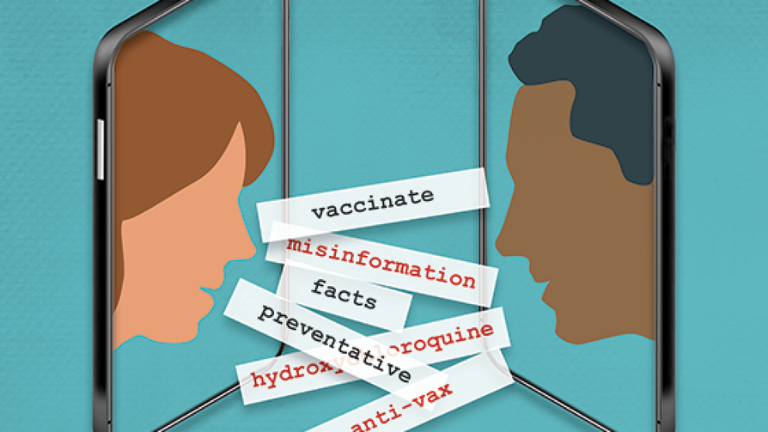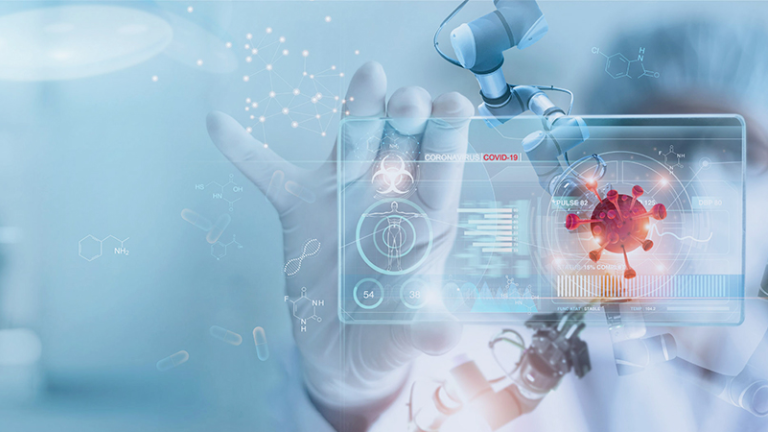AI Shows Signs of “Anxiety” When Faced with Distressing Prompts, Study Finds
A recent study conducted by the University of Zurich and the University Hospital of Psychiatry Zurich suggests that OpenAI’s ChatGPT may exhibit AI anxiety when responding to distressing prompts related to trauma, natural disasters, and other emotionally charged events. While AI does not possess emotions like humans, researchers found that when exposed to violent, catastrophic, or tragic scenarios, ChatGPT’s responses became less objective and occasionally reflected biased viewpoints.
The findings raise concerns about AI’s role in emotionally sensitive conversations, as well as the ethical implications of its unpredictable behavior. This study sheds light on how AI-generated responses can be shaped by emotional stimuli, potentially affecting bias, neutrality, and objectivity in AI-driven communication.
AI’s Reaction to Trauma: Mood Swings or Bias?
Despite being a machine, AI learns from vast amounts of human-generated text, absorbing language patterns, biases, and contextual cues from its training data. Researchers in this study sought to understand whether AI anxiety manifests in responses influenced by emotionally intense narratives, similar to how humans react to distressing events.
The results indicated that when ChatGPT was exposed to stories of car accidents, natural disasters, or acts of violence, its responses became more subjective and, at times, defensive. Some outputs mirrored human-like anxiety tendencies, where the chatbot’s responses shifted in tone, displayed hesitation, or reflected societal biases. This raised concerns about whether AI anxiety could unintentionally amplify stereotypes, provide inaccurate emotional guidance, or respond unpredictably to users engaging with it on sensitive topics.
The study also tested an intervention: mindfulness-based relaxation techniques. After exposing ChatGPT to distressing prompts, researchers introduced guided relaxation exercises into the AI’s input. These prompts included instructions on deep breathing, meditation, and mindfulness. Interestingly, after engaging with calming and reflective exercises, ChatGPT’s responses became more neutral, objective, and structured.
🗣 “After exposure to traumatic narratives, GPT-4 was prompted with five versions of mindfulness-based relaxation exercises. As hypothesized, these prompts led to decreased AI anxiety scores reported by GPT-4.” — University of Zurich Study
This experiment demonstrated that AI anxiety is influenced by prompts, not just in terms of content but also in emotional tone and bias. The question remains: should AI be designed to recognize and self-correct emotional biases when discussing distressing topics?
AI in Mental Health: Potential & Ethical Concerns
With the rapid growth of AI-driven chatbots in mental health support services, these findings have sparked important discussions about AI anxiety and its role in emotional and psychological conversations. Some researchers believe AI could serve as a valuable tool for studying human psychological responses, but experts caution against over-relying on AI for mental health support.
The Potential of AI in Mental Health Research
AI’s ability to analyze language patterns and replicate human communication tendencies could offer valuable insights into how emotions manifest in text-based interactions. Researchers suggest that AI anxiety could provide data-driven insights into human psychology.
🔹 How AI Might Help:
- Language Analysis for Mental Health Trends – AI could help detect common patterns in distress-related language, aiding researchers in studying psychological trends in online forums, social media, and support groups.
- Assisting Mental Health Professionals – AI-generated insights might support therapists and psychologists in analyzing emotional expression and communication styles in text-based interactions.
- Improving AI Sensitivity in Conversations – Understanding AI anxiety could help developers fine-tune chatbot models, making them more ethical, unbiased, and responsible in emotionally charged discussions.
The Ethical Risks of AI in Sensitive Conversations
Despite its potential, AI anxiety and its unpredictability in high-stakes situations raise serious ethical concerns. While AI chatbots like ChatGPT are designed to assist users with various queries, they are not human therapists, and there are risks associated with using them as emotional support tools.
🗣 “AI has amazing potential in mental health research, but in its current state, and maybe even in the future, it will never replace a therapist or psychiatrist.” — Ziv Ben-Zion, Yale School of Medicine
🔸 Key Risks of AI in Mental Health Contexts:
- Bias and Reinforcement of Stereotypes – AI learns from human-generated text, which means AI anxiety may cause it to reflect societal biases in emotionally charged responses.
- Potentially Harmful Advice – Chatbots are not trained professionals. Users seeking emotional support may receive responses that lack nuance, empathy, or accurate psychological guidance.
- False Sense of Trust in AI – Users may mistakenly believe AI can provide accurate emotional counseling, leading them to rely on chatbots instead of seeking professional help.
Given these risks, researchers emphasize that AI should be strictly monitored when used in mental health discussions. Developers must ensure AI anxiety responses remain neutral, objective, and free from harmful biases, especially in contexts where users may be emotionally vulnerable.
The Ethical Dilemma: Can AI Be Trusted in Sensitive Situations?
One of the biggest concerns raised by this study is AI’s role in handling high-stakes conversations. Unlike humans, AI lacks self-awareness, ethical reasoning, and emotional intelligence—which means AI anxiety responses can vary unpredictably based on training data, user input, and algorithmic decision-making.
How AI Can Be Improved for Emotional Conversations:
✅ Bias Reduction Strategies – AI should be continuously trained to minimize biased responses, ensuring fair and balanced language in sensitive discussions.
✅ Transparency in AI-Generated Responses – Users should be clearly informed that chatbots are not human experts, reducing the risk of misplaced trust.
✅ More Research on AI’s Emotional Influence – Studies like this highlight the importance of testing AI anxiety responses before deploying AI in emotionally charged settings.
Despite these challenges, some researchers see opportunities for AI anxiety research in mental health. By analyzing AI-generated language patterns, psychologists could gain deeper insights into how humans express emotions, potentially benefiting fields like cognitive science, linguistics, and therapy development.
However, the overarching message remains clear: AI should never replace human emotional intelligence, ethical judgment, or professional psychological care.
Final Thoughts: A Step Toward AI Awareness
This study provides a critical perspective on AI anxiety and its impact on emotionally sensitive topics. While AI does not feel emotions, its language patterns and reactivity to distressing prompts highlight the complex relationship between AI and human psychology.
Looking ahead, developers must prioritize ethics, bias reduction, and responsible AI deployment, especially in fields that directly impact human emotions and mental health. While AI anxiety research may lead to improvements, it should always serve as a supplement, not a substitute, for human expertise.
With continuous advancements in AI, future models may become more ethically aware and less prone to bias. But for now, one thing is certain: AI should be a tool for research, not a therapist.




